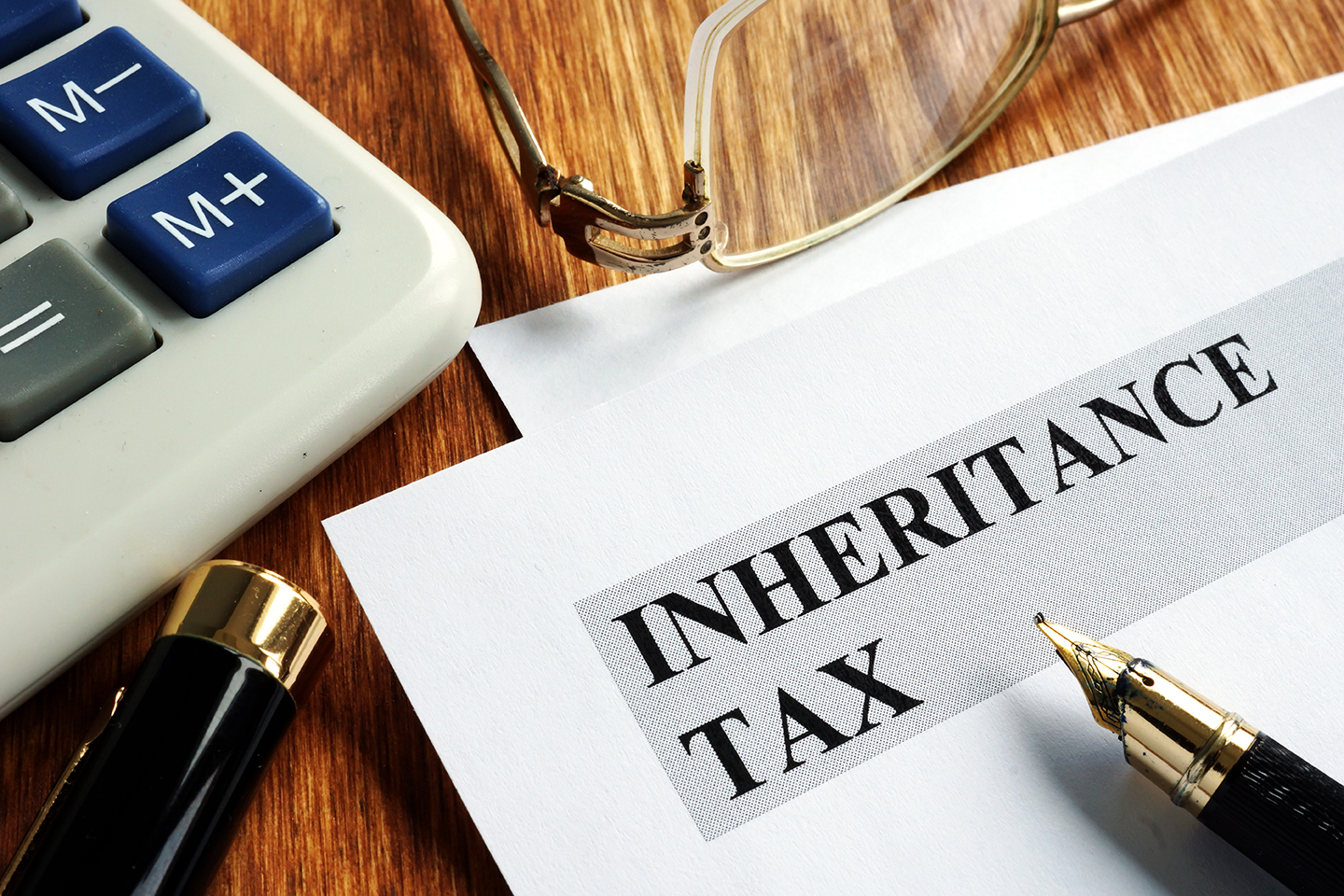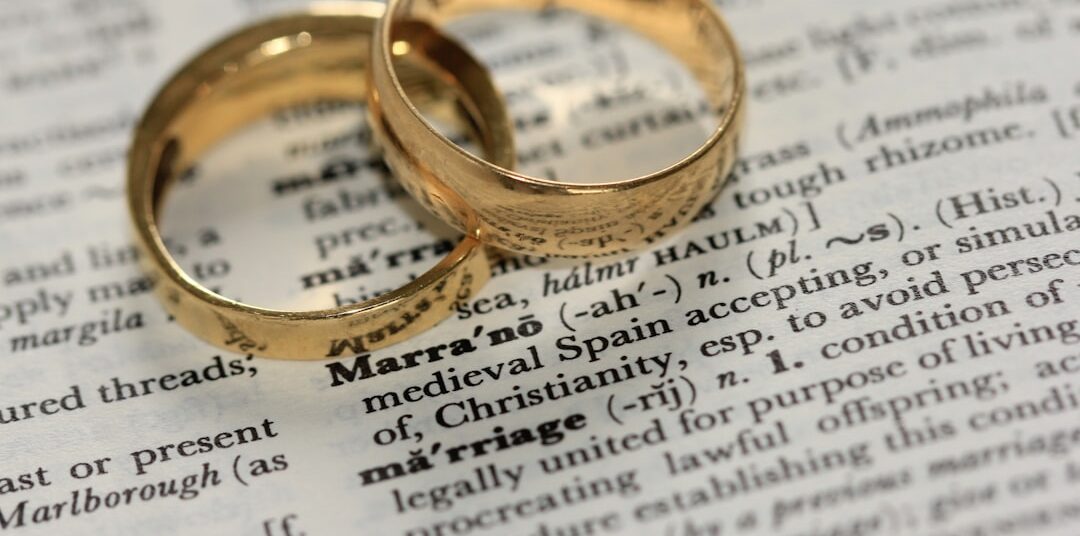On 23rd March 2021, the Government announced changes to Inheritance Tax reporting requirements for non-taxpaying estates. The new regulations came into force on 1st January 2022 and apply to deaths occurring on and after that date. This article will detail how the new regulations will work and to whom they will apply.
What is the main objective of the new regulations?
The overall objective of the new measure is to reduce Inheritance Tax reporting burdens for non-taxpaying estates. From 1st January 2022, most non-taxpaying estates will no longer have to complete Inheritance Tax forms for deaths where probate or confirmation is required.
What are the current regulations?
At present, when the personal representatives of an estate meet the ‘excepted estates’ criteria, they are required to submit a short Inheritance Tax form, as opposed to submitting a full Inheritance Tax account.
What will they have to do instead from 1st January?
As of 1st January 2022, where the deceased was UK domiciled, the qualifying ‘excepted estates’ will instead be required to complete the probate or confirmation application to show the full name and date of death of the deceased, make the following declarations and provide IHT values as detailed below:
- Declare that the estate is an excepted estate
- Declare whether they are claiming transfer of unused nil rate band
- Provide three estate values for Inheritance Tax purposes. These values can be obtained from the Inheritance Tax checker tool on GOV.UK













